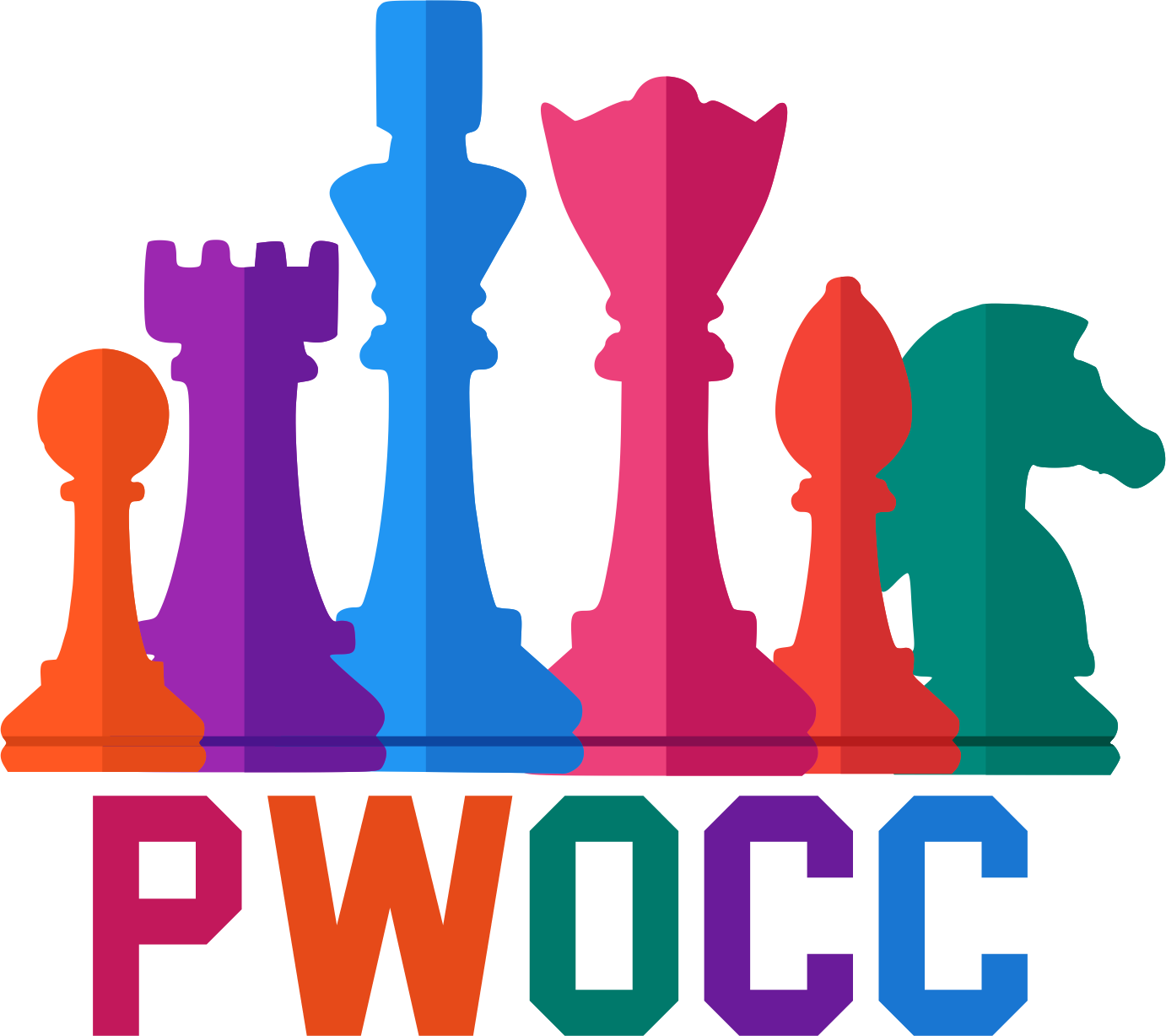“Chess is a sea in which a gnat may drink and an elephant may bathe.”– Indian proverb
“Chess is the gymnasium of the mind.” – Blaise Pascal (1623–1662)
“The pawns are the soul of chess.” – François André Danican Philidor (1726–1795)
“A sacrifice is best refuted by accepting it.” – Wilhelm Steinitz (1836–1900), World Champion 1886–1894
“The king is a fighting piece.” – Wilhelm Steinitz (1836–1900), World Champion 1886–1894
“When you see a good move, look for a better one.”
– Emanuel Lasker (1868–1941) World Champion 1894–1921
“A poor plan is better than no plan at all.” – Mikhail Chigorin (1850–1908)
“Chess, like love, like music, has the power to make men happy.” – Siegbert Tarrasch (1862–1934)
“The hardest game to win is a won game.” – Emanuel Lasker (1868–1941) World Champion 1894–1921
“On the chessboard lies and hypocrisy do not survive long.”
– Emanuel Lasker (1868–1941) World Champion 1894–1921
“In the beginning of the game, ignore the search for combinations, abstain from violent moves, aim for small advantages, accumulate them, and only after obtaining these ends search for the combination – and then with all the power of will and intellect, because then the combination must exist, however deeply hidden.” – Emanuel Lasker (1868–1941) World Champion 1894–1921
“Play the opening like a book, the middlegame like a magician, and the endgame like a machine.”
– Rudolf Spielmann (1883–1942)
“Restrain, blockade, destroy.” – Aron Nimzowitsch (1886–1935)
“The passed pawn is a criminal, who should be kept under lock and key. Mild measures, such as police surveillance, are not sufficient.” – Aron Nimzowitsch (1886–1935)
“The knight on c3 is under obligation, the moment the enemy gives him the chance, to invade the centre at d5.” – Aron Nimzowitsch (1886–1935)
“Even the laziest king flees wildly in the face of a double check.” – Aron Nimzowitsch (1886–1935)
“Nobody ever won a chess game by resigning.” – Savielly Tartakower (1887–1956)
“To avoid losing a piece, many a person has lost the game.” – Savielly Tartakower (1887–1956)
“It’s always better to sacrifice your opponent’s men.” – Savielly Tartakower (1887–1956)
“An isolated pawn spreads gloom all over the chessboard.” – Savielly Tartakower (1887–1956)
“Tactics is knowing what to do when there is something to do; strategy is knowing what to do when there is nothing to do.” – Savielly Tartakower (1887–1956)
“In order to improve your game, you must study the endgame before everything else, for whereas the endings can be studied and mastered by themselves, the middle game and the opening must be studied in relation to the endgame.” – José Raúl Capablanca (1888–1942) World Champion 1921–1927
“You may learn much more from a game you lose than from a game you win. You will have to lose hundreds of games before becoming a good player.”
– José Raúl Capablanca (1888–1942) World Champion 1921–1927
“The scheme of a game is played on positional lines; the decision of it is, as a rule, effected by combinations.” – Richard Reti (1889–1929)
“Tactics flow from a superior position.” – Bobby Fischer (1943–2008) World Champion 1972–1975
“If drink is the curse of the working classes and work is the curse of the drinking classes then chess is the curse of the thinking classes.” – Jason Ross
“Chess is mental torture.” – Garry Kasparov (1963 –) World Champion 1985–2000
“The highest art of the chess player lies in not allowing your opponent to show you what he can do.”
– Garry Kasparov (1963 –) World Champion 1985–2000
“Enormous self-belief, intuition, the ability to take a risk at a critical moment and go in for a very dangerous play with counter-chances for the opponent: it’s precisely these qualities that distinguish great players.” – Garry Kasparov (1963 –) World Champion 1985–2000
“Some people think that if their opponent plays a beautiful game, it’s OK to lose. I don’t. You have to be merciless.” – Magnus Carlsen (1990 –) World Champion since 2013.
“Self-confidence is very important. If you don’t think you can win, you will take cowardly decisions in the crucial moments, out of sheer respect for your opponent. You see the opportunity but also greater limitations than you should. I have always believed in what I do on the chessboard, even when I had no objective reason to. It is better to overestimate your prospects than to underestimate them.”
– Magnus Carlsen (1990 –) World Champion since 2013.

